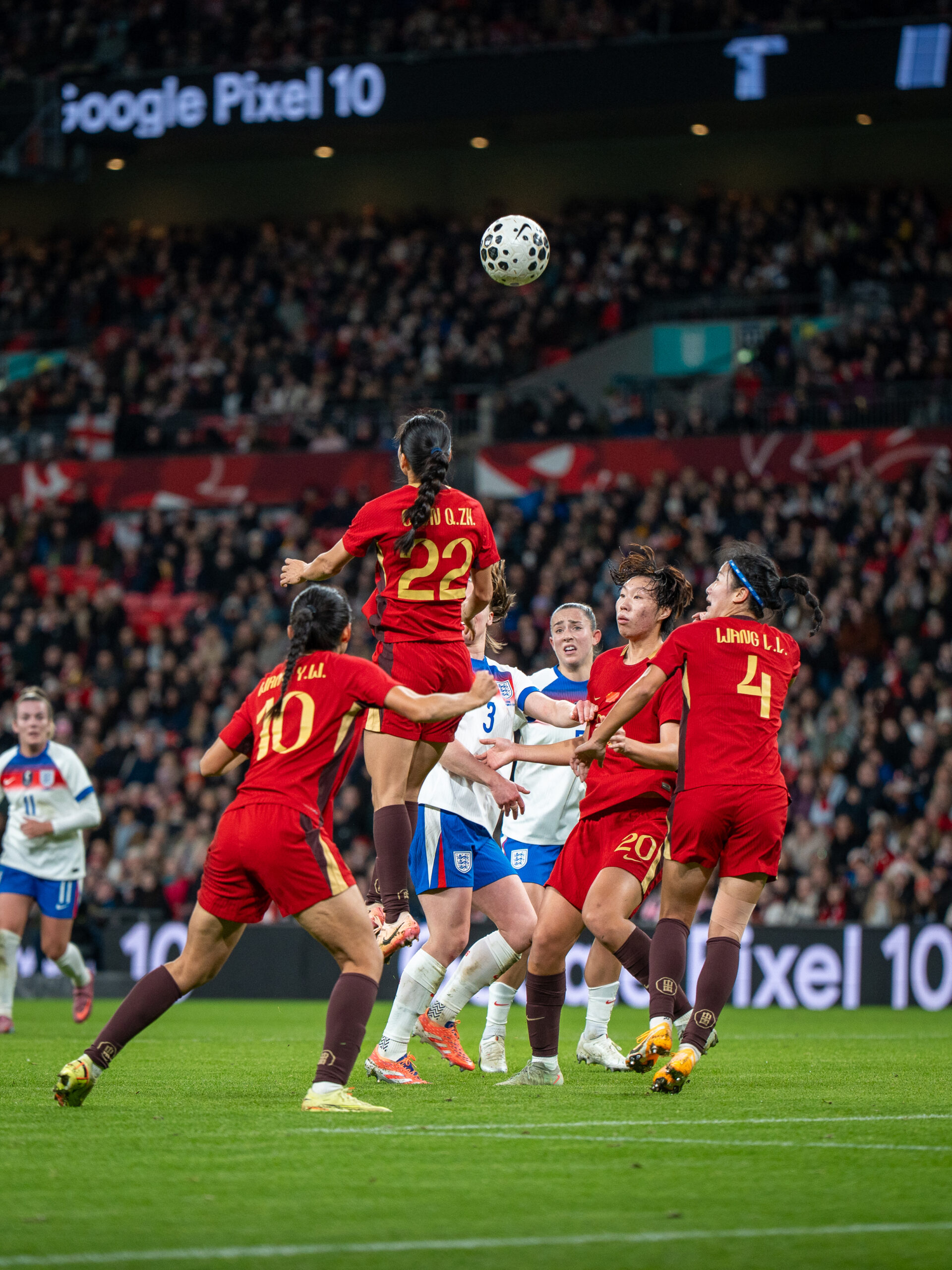A new era is here for Women’s Football in England as the top two leagues undergo a rebrand.
Alongside a new identity and the Women’s Championship being renamed ‘WSL2’, the Women’s Super League (WSL) has become the name of an independent company overseeing the top tiers of Women’s professional football. New colour schemes have also been created for the two leagues to give them both a unique and different look.
The new brand identity was reportedly ‘born from the movement of female footballers‘ and developed alongside Anomaly and EA Sports.
Ruth Hooper, CMO of WSL Football, said:
“Developing this new visual world with Anomaly has been a real labour of love. No one plays football like a female – it is our strength and the way players move is one element of what makes women’s football distinctive and special.
“As soon as this concept was brought to the table, we knew it was the right route, and we embraced it. It has taken months of work, and we have spoken to clubs, fans, players and partners who have all inputted during the process and been on this journey with us.
“There is a lot more in store over the coming months as we continue to grow the women’s game for the future.”
A wave of frustration has exploded across multiple social media platforms following the release. The primary criticism surrounds the rebrand feeling forced and too ‘family-friendly,’ making it feel completely out of touch with what the community of football fans want. One user ‘@sxobhn’ on X (formally Twitter) states that some fans:
“just want to enjoy games with a pint without being judged by sally and her 3 kids sitting next to us.”
A major argument circling on social media is the renaming of the Women’s Championship to ‘WSL2.’ Fans feel that this is pushing the game backwards, and is a mockery of the league that has just started to find its identity. The new name seems to create a hierarchy narrative where the championship is considered second best, with @_miaclaydon on X (formally Twitter) stating that she feels the name change is ‘an absolute mockery’ and that the ‘rebrand is literally whatever but the name change is awful.’
Alongside the backlash, fans have condemned the use of the word ‘movement’ when describing the league, echoing that it comes across as tone-deaf in light of unresolved systemic issues. These issues include poor officiating, racial abuse, and the exclusion of transgender women from women’s sports.
Countless fans of the Women’s Super League, and women’s football in general, feel misheard and misunderstood by this rebrand, believing it fails to address the real issues the sport is facing, and instead putting a sanitised image of the game across, rather than highlighting the key issues within women’s football and finding solutions for them.



